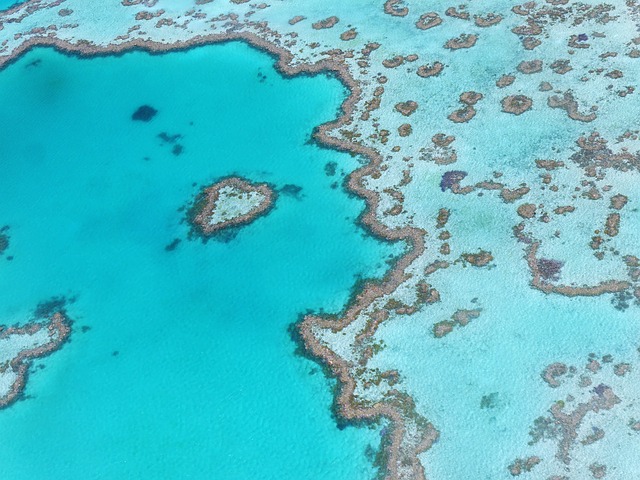Following a tongue-in-cheek obituary for the Great Barrier Reef published in Outside Magazine, social media blew up in response, as scientists and civilians alike took to the internet to mourn the “passing” of one of the world’s most extensive coral reef system.
The thing is, the Great Barrier Reef is not dead – yet. Russell Brainard, chief of the Coral Reef Ecosystem Program at NOAA’s Pacific Islands Fisheries Science Center, said he believes the article was written to draw attention to the Great Barrier Reef’s plight, and the urgency of addressing it.
However, thousands all over the world took the article at face value and out of context, with many criticizing Outside Magazine and the article’s author, Rowan Jacobsen, for “misleading” the public and for “exaggerating” matters.
The UNESCO World Heritage site covers over 300,000 square kilometers and includes over 3,000 reefs, 600 islands and 300 coral cays. It’s so huge that it can be seen from space. And it is actually dying.
A report by the ARC Centre of Excellence for Coral Reef Studies says that 93% of the Great Barrier Reef has been affected by bleaching, a phenomenon that puts coral under extreme duress due to drastic changes in temperature, light and nutrients. These conditions release symbiotic algae, causing the coral to turn white.
While public opinion is divided on the matter of the Great Barrier Reef’s death, people do agree that the reef is not doing too well, and drastic measures must be taken to improve its health.
The Australian and Queensland governments released their first Reef 2050 Plan, which showed that a $2 billion budget for the preservation of the site is showing promising results. The plan has completed 19 of its 151 intended goals, though officials note that the process needs to go faster in order for recovery to be more successful.
Aside from bleaching, fishing, mining and burning fossil fuels have also contributed to the reef’s destruction over the past decades.
























